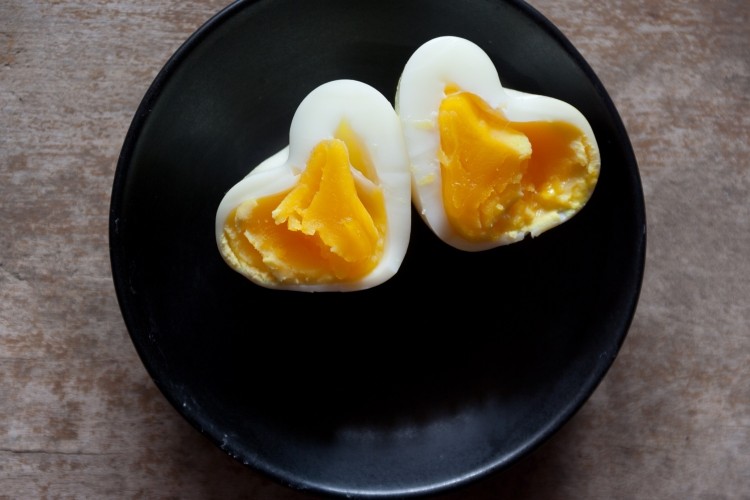PEA may improve outcomes for Covid-19: Study

Interest in the endocannabinoid system has grown significantly in recent years. For companies seeking a way to impact the endocannabinoid system beyond CBD and hemp, an option is palmitoylethanolamide (PEA). It was first discovered in 1957 as a component in egg yolk, when egg yolk was being researched for its anti-inflammatory properties.
PEA is produced by our body as a first responder to pain, stress, inflammation and is used up locally in all tissues.
Findings from a double-blind study published commissioned by Gencor Pacific examined the effects of PEA supplement, Levagen+ (LEV), on proinflammatory biomarkers in unvaccinated and non-hospitalised adults diagnosed with Covid-19.
Daily PEA supplementation reduced thrombo-inflammatory marker (sP-selectin) concentrations by 8% and significantly lowered proinflammatory cytokines interleukin-2 (IL-2) and interleukin 1 beta (IL-1b) that aggravate chronic disease, compared with the control.
Observed reductions in inflammatory markers suggest that PEA may exert anti-inflammatory actions and possibly reduce the severity of COVID-19, the authors say.
“Our findings within the current context are especially promising, as P-selectin has recently been associated with COVID-19 coagulopathy in both the short-term and the long-term (i.e., “long COVID”),” they wrote in The Journal of Nutrition.
Study protocol
Healthy adults aged 18 to 65 years were recruited to the study through online adverts, email lists, word of mouth, and ads in newsagents.
Main inclusion criteria were a recent positive PCR test for Covid-19 but no hospitalisation for the condition. Subjects with positive antigen tests were accepted where symptoms were consistent with those outlined by the CDC.
At baseline, the 60 subjects were supplied with either the active supplement (600mg LEV) or placebo (control) to be taken twice daily for four weeks. They were instructed to complete a calendar to track intake and given directions on symptom reporting and over-the-counter medication tracking.
Venous blood samples were taken at study visits to process and analyse inflammatory mediators, while 24-hour dietary recalls at baseline and post-trial were assessed using Food Processor Nutrient Analysis Software.
Results and conclusion
Average compliance to supplement intake was high - 87% for control and 91% for LEV group. There were no significant reported differences between groups in reductions of IL-6, C-reactive protein, ferritin, intercellular adhesion molecule 1, or neutrophil / lymphocyte ratio, however LEV treatment led to significant decreases in sP-selectin from baseline and a 5% increase in the control group.
There were no marked baseline changes in most serum inflammatory factors, but analyses revealed meaningful reductions in IL-1b and IL-2 after treatment.
The authors maintain that evidence from the current study supports the growing body of evidence that PEA may be beneficial in modulating thrombo-inflammatory markers in various models and disease states.
Source: The Journal of Nutrition
Published online, July 5, 2022: https://doi.org/10.1093/jn/nxac154
‘Palmitoylethanolamide Reduces Proinflammatory Markers in Unvaccinated Adults Recently Diagnosed with COVID-19: A Randomized Controlled Trial’
Authors: S.N. Fessler, et al.








